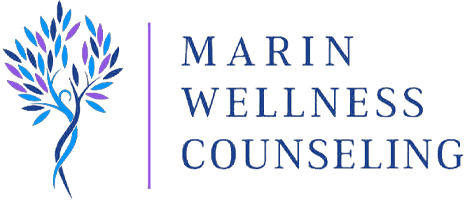ADHD and Teens: Understanding What Your Child Is Feeling

Teenagers are close enough adulthood that sometimes they think they can solve their problems all on their own. This would not be a new thing for teens with ADHD to believe.
However, teens with ADHD still require support from their family to succeed in school and life after it.
The main symptoms of ADHD include inattentiveness, impulsivity, and sometimes hyperactivity. These traits may have been easier to spot when your teen was a child, but that doesn’t mean they’ve just gone away.
Let’s talk about the inner workings of an ADHD teen mind so you can understand it better as a parent.
Deficit in Executive Functioning
Executive functioning is the brain’s ability to prioritize and manage one’s own thoughts and actions. This allows us to foresee the long-term consequences of our actions and plan ahead for success.
An inability to do this well can lead to missed or late homework assignments, running late for school regularly, and downplaying the consequences of dozing off in class. This also means that teens with ADHD can have a lower tolerance for frustration, leading to emotional breakdowns in class after not grasping a new concept immediately.
As a parent, there are some things you can do to help. In some school districts, formal ADHD diagnoses can entitle a student to accommodations like testing in a private room without distraction, and extended due dates. Check with your school to see what opportunities are available to them.
ADHD and Teens: Masking
Middle and high school is when we rapidly develop and understand new social roles, skills, and expectations more intricately than we did as children. This can lead to people with ADHD learning to “mask” their disordered behavior to appear as if they are on the right path.
This can look like holding eye contact with the teacher while thinking, “Hold eye contact so she thinks you’re paying attention. Now look puzzled for a second. Now nod your head understandingly. Yup, that’s what learning looks like.”
This behavior can lead to obvious challenges in school when they avoid focusing on the academic material at hand and instead focus on seeming socially acceptable.
Help them take the edge off of being socially perfect by giving your teen chances to develop deeper, genuine relationships with others. Encourage them to sign up for sports, choirs, dance teams, or after-school clubs where they can meet people who share their interests.
Don’t be afraid to remind them about friends they haven’t seen in a while, as they could have genuinely forgotten to check in with them. Offer a simple, “I haven’t seen Jake in a while. I really liked him. Do you want to see if he wants to go to that new movie this weekend? I think you guys would like it!”
Denying ADHD
Some teens may be reluctant to admit that they didn’t “grow out” of their ADHD, as was thought to be true in the past. While developing new relationships at school, they may hide their condition or deny that they have it in the first place. This obviously limits their ability to seek out and benefit from treatment.
Teenagers often crave the feeling of “fitting in”, and ADHD can make them feel like an outsider. Many report feeling stressed and tired in class, fighting with friends often, and suffering from low self-esteem due to feeling misunderstood.
Help your child understand their ADHD better by likening it to challenges students face, like wearing eyeglasses to see the whiteboard or using an inhaler to play sports. Remind them to keep up with activities that they’re genuinely good at, even if they’re unrelated to school. This helps them regain a sense of power and confidence that they can tap into in the classroom.
You’re not the only one responsible for your child’s success. If you’re looking for more support, consider enrolling them in counseling so they have someone to talk to and work through real-life situations regarding their ADHD.

